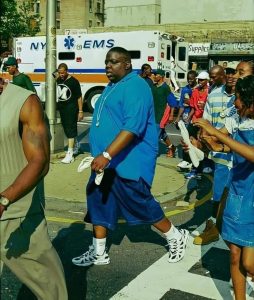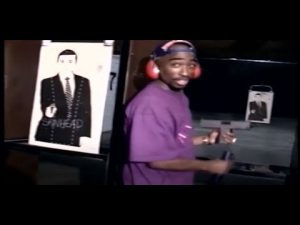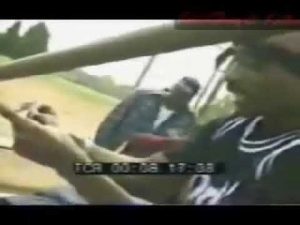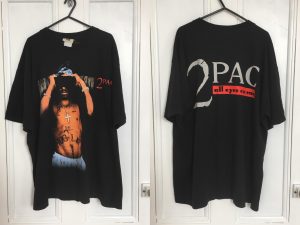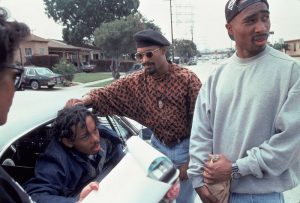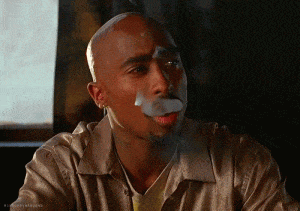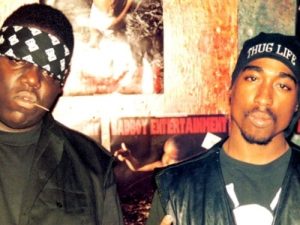The 90s was a decade of great change and growth for the genre of rap music. This was a period when rap music began to gain mainstream acceptance and become one of the most popular and influential forms of music in the world.
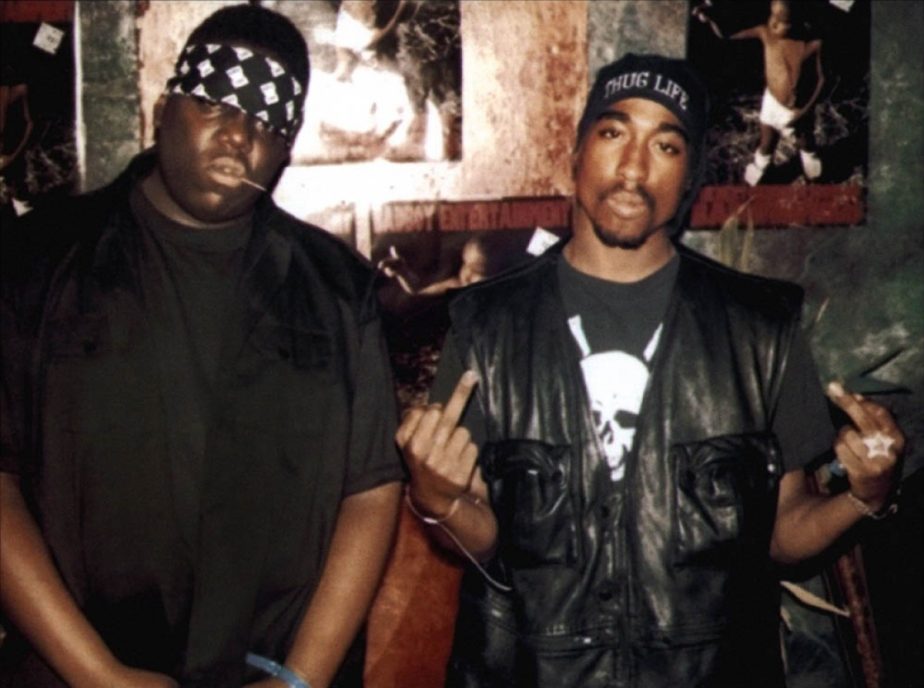
One of the biggest changes in 90s rap was the emergence of a new wave of artists who brought a new level of artistic sophistication to the genre. These artists were not content to simply rhyme words over a beat; they were determined to push the boundaries of what was possible with rap music. They experimented with new styles, new sounds, and new themes, and in the process, they helped to create a new sound that was uniquely their own.
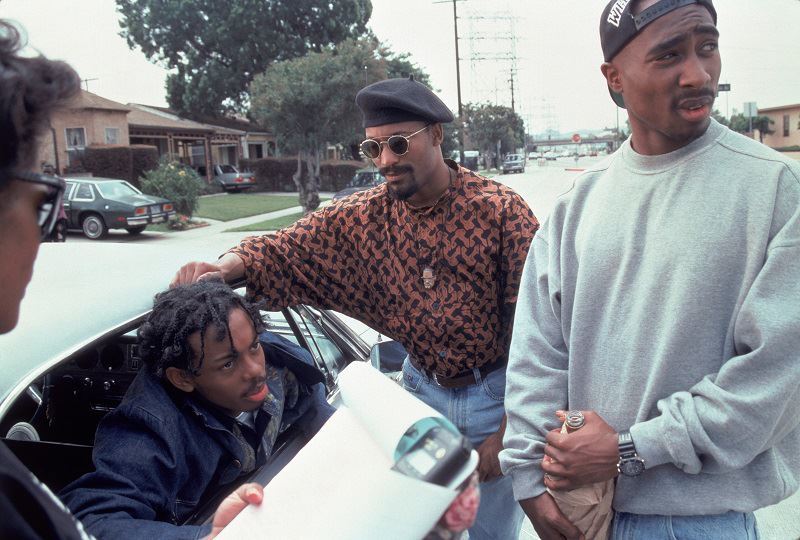
One of the most notable figures of this new wave of 90s rap was Tupac Shakur. Tupac was one of the most influential and respected artists of his time, and his music was a major force in shaping the sound of rap music in the 90s. His songs were often deeply personal and introspective, and they dealt with themes of social injustice, poverty, and violence. He was a rapper that spoke to a generation of people who felt marginalized by society and he helped to give them a voice.
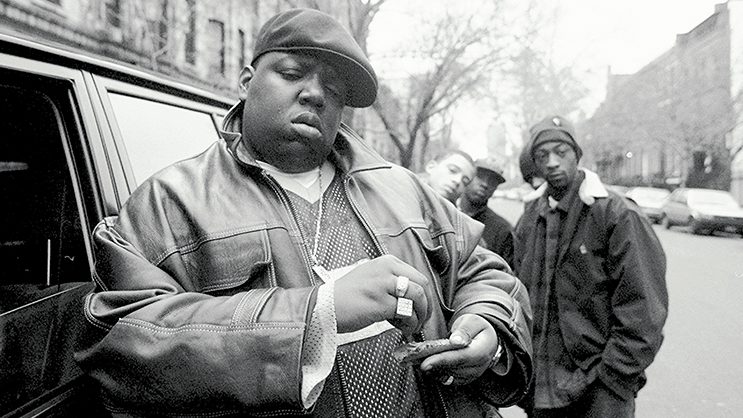
Another major force in 90s rap was Notorious B.I.G. Biggie Smalls, as he was also known, was one of the most talented and successful rappers of his time. His music was characterized by its smooth flow and clever wordplay, and he was known for his ability to paint vivid pictures with his lyrics. His music dealt with themes of street life, hustling, and the struggle to make a better life for oneself. He was a voice that spoke to the inner-city and the struggles that the people living there face.
In addition to Tupac and Biggie, many other artists made a significant impact on 90s rap. Wu-Tang Clan, A Tribe Called Quest, Nas, Outkast, and Snoop Dogg, among others, all helped to shape the sound of rap music in the 90s and continue to influence the genre to this day.

